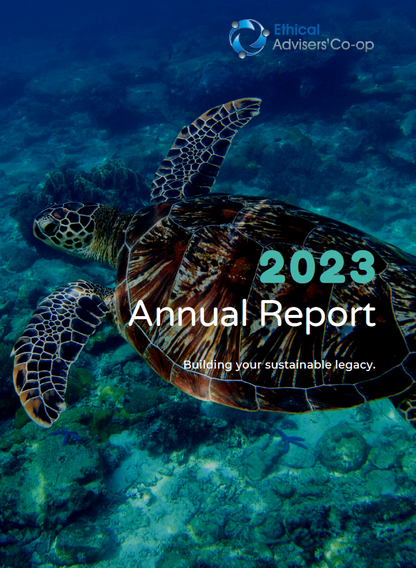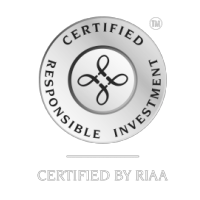The Government has conceded that more time is needed to allow Government systems and aged care providers to be ready for the massive changes arising from the New Aged Care Act. Therefore, the start date for the Act and reforms is now set for 1 November 2025, instead of 1 July 2025. What does this mean for you, or your loved one? While these changes aim to create a more sustainable and fairer system, they do bring added complexity — especially when it comes to understanding the fees and making the right financial decisions. Here are the five key things you need to know: 1. Aged care will cost more – but is still subsidised If you or a loved one is moving into residential aged care after 1 November 2025, the amount you’ll need to contribute will be higher. That said, the Government will continue to fund a large share of care costs – around 73% on average. But it will be important to consider your cashflow. 2. Expect new terminology and fee calculations The language is changing. Instead of the current “means-tested care fee,” you’ll now see new names like Hotelling Contribution and Non-Clinical Care Contribution. How much you are asked to pay will still be based on your income and assets, but new formulae may result in higher contributions than under the current rules. 3. Lifetime caps remain – but at a higher level A lifetime cap will continue to apply to limit how much you can be asked to pay as a non-clinical care contribution over your total stay in residential care. This cap is increasing to $130,000, but with a new safeguard, that no matter how much you pay, you will only need to pay this fee for a maximum of four years. This helps ensure fairness between residents with different levels of wealth. 4. Retention amounts are being reintroduced If you choose to pay a lump sum for your room (known as a refundable accommodation deposit – RAD), aged care providers will deduct a “retention amount” of up to 2% per year (capped at 10% over five years). While this increases the cost slightly, it may still be better value than paying the daily accommodation payment. 5. Good advice can prevent costly mistakes Navigating these new rules can be confusing – especially when you need to make major decisions about the family home, assets or pension entitlements. The cost of getting good advice is often small compared to the cost of getting it wrong. That’s why seeking qualified aged care financial advice is more important than ever. If you’re starting to think about aged care for yourself or a family member, now is the time to start planning and seek advice. As specialists in aged care advice, we can help you to make informed decisions with confidence and peace of mind. Contact us today. IMPORTANT INFORMATION: The information contained in this publication is based on the understanding Ethical Investment Advisers Pty Ltd ABN 26 108 175 819 AFSL 276544 has of the relevant Australian legislation. While every care has been taken, Ethical Investment Advisers Pty Ltd makes no representations as to the accuracy or completeness of the contents. The information is of a general nature only and has been prepared without consideration of your individual objectives, financial situation or needs. Before making any decisions, you should consider the appropriateness for your personal investment objectives, financial situation, or individual needs. We recommend you see a financial adviser, registered tax agent or legal adviser before making any decisions based on this information.







